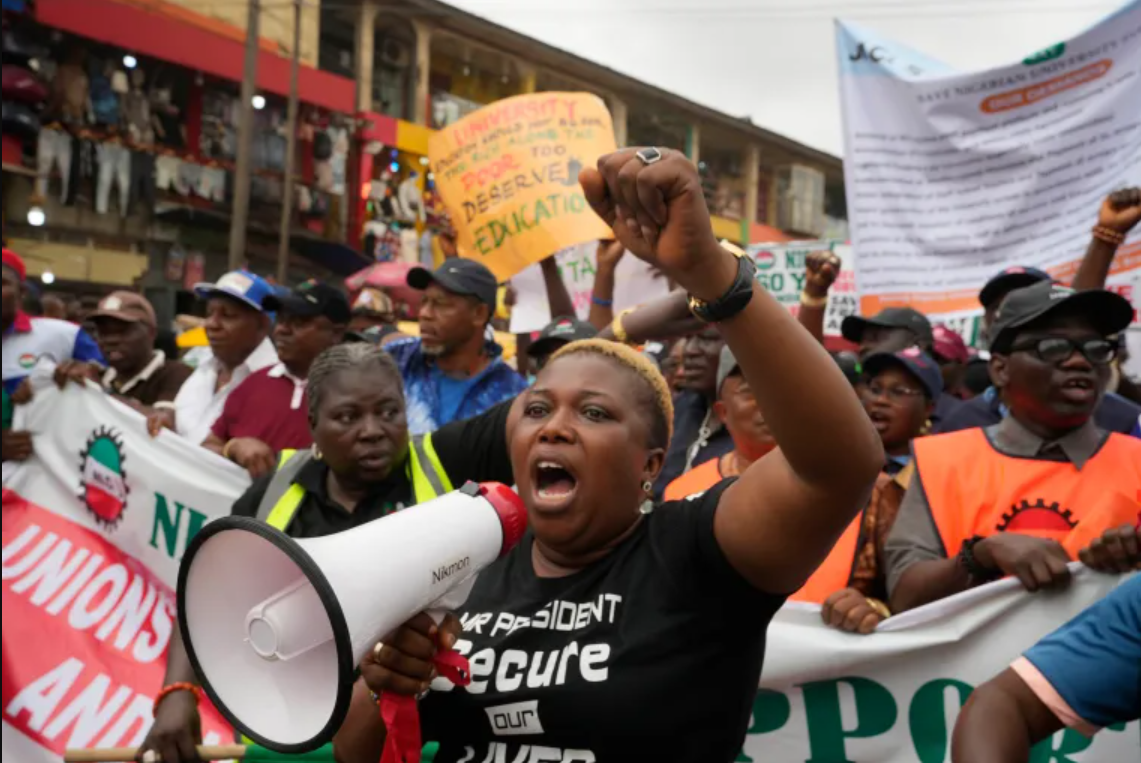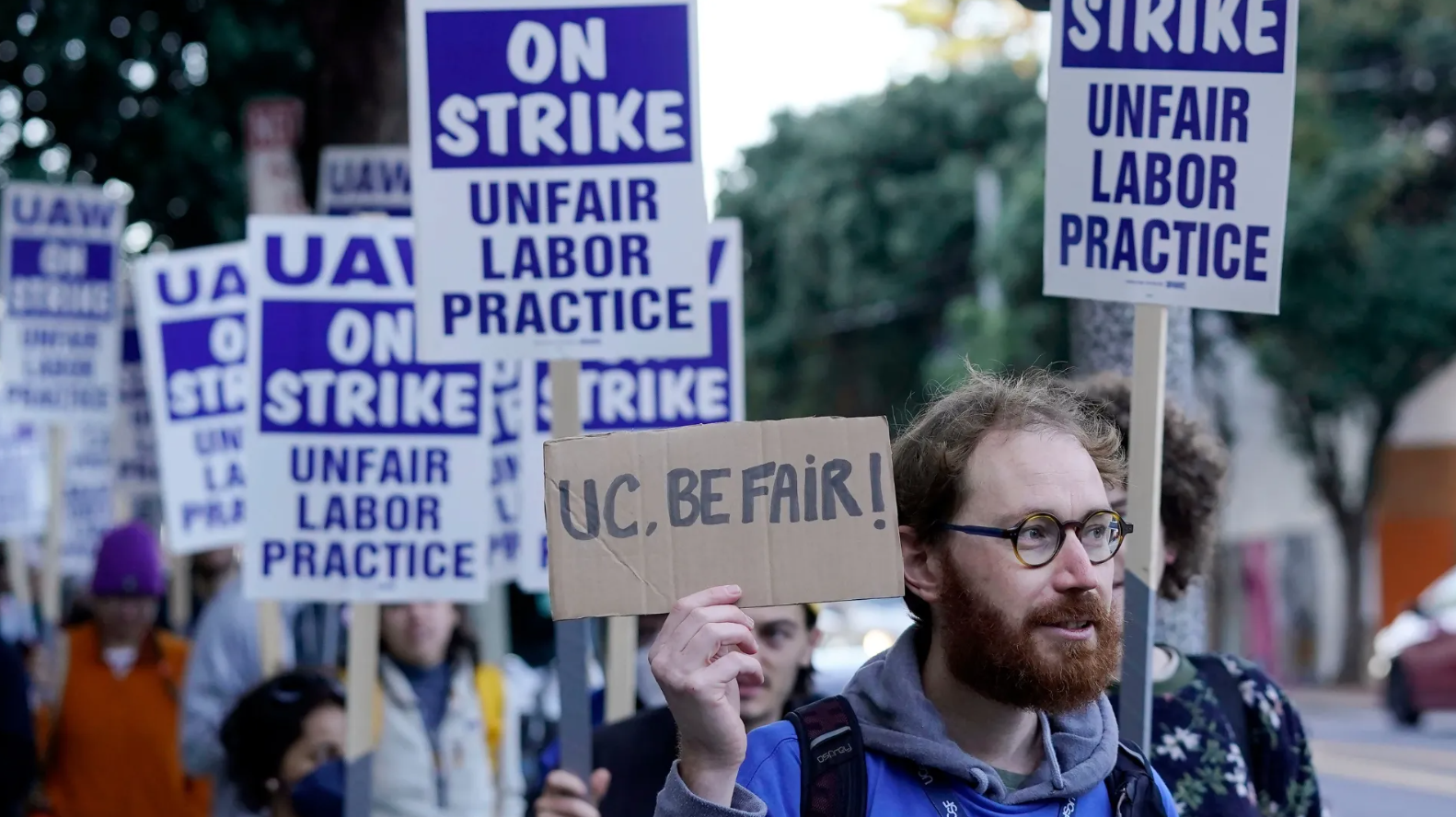
Workers around the world, particularly in the most difficult countries, face growing challenges as fundamental labour rights, including the ability to organize, bargain collectively and protest unsafe or unfair conditions, are increasingly under threat.
- Workers worldwide are facing increasing challenges to labor rights such as organizing, collective bargaining, and protesting unsafe conditions.
- The 2025 ITUC Global Rights Index reveals declining average labor rights scores globally, with major regressions in Europe and the Americas.
- Only seven countries achieved top-tier ratings for labor conditions, highlighting widespread rights violations
- Middle East, North Africa, and parts of Africa reported severe repression, with actions like banning protests and blocking union activities amidst ongoing conflicts.
ChatGPT said:
The International Trade Union Confederation (ITUC) 2025 Global Rights Index paints a stark picture of the worsening state of workers’ labour rights and democratic freedoms worldwide.
With average country ratings declining in three of five regions and Europe and the Americas recording their lowest scores since the Index began in 2014, the report highlights a growing crisis for unions and workers.
Only seven of the 151 countries surveyed received top-tier ratings, highlighting escalating attacks on access to justice, free speech, assembly, and collective bargaining. These top-rated countries include Austria, Denmark, Germany, Iceland, Ireland, Norway, and Sweden.
From intimidation and repression to restricted freedoms of speech and assembly, workers are often left vulnerable to exploitation, leaving millions struggling to secure fair treatment and safe working conditions.
ITUC General Secretary, Luc Triangle described the trend as a “coup on democracy,” warning that far-right politicians and billionaire elites, from the U.S. to Argentina, are concentrating power and eroding protections that directly affect millions of workers.
Regional Scores: Africa Among the Hardest Hit
The Index, now covering 151 countries, offers a comprehensive assessment of workers’ rights violations worldwide.
The Middle East and North Africa remain the most repressive regions, while Africa recorded a score of 3.95 on a scale of 1 to 5 where 1 indicates sporadic violations of rights and 5 represents no guarantee of rights due to a breakdown of the rule of law further highlighting widespread and systemic challenges across the continent.

Regional Ratings 2025:
- Middle East & North Africa: 4.68
- Asia-Pacific: 4.08
- Africa: 3.95
- Americas: 3.68
- Europe: 2.78
| Rank | Country | |
|---|---|---|
| 1 | Bangladesh | |
| 2 | Belarus | |
| 3 | Ecuador | |
| 4 | Egypt | |
| 5 | Eswatini | |
| 6 | Myanmar | |
| 7 | Nigeria | |
| 8 | The Philippines | |
| 9 | Tunisia | |
| 10 | Türkiye |
Repression, Protests, and Union Crackdowns
Across Africa and beyond, the Index documents violent suppression of strikes and protests in countries such as Cameroon, Kenya, Mauritania, and South Africa. Employers actively sabotaged union activity in Botswana, Ethiopia, Guinea, Kenya, Lesotho, Liberia, and Senegal.
Nigeria made a new entry into the Index’s ranking of the 10 most difficult countries for working people, joining Eswatini and Zimbabwe where trade unionists continue to face repression. Authorities in Eswatini, Guinea-Bissau, and Zimbabwe also banned protests and restricted freedom of assembly.
Military juntas in Burkina Faso, Chad, Gabon, and Mali blocked unions from operating freely, while armed conflicts in South Sudan and Sudan left millions of workers without livelihoods. Escalating violence in eastern Democratic Republic of Congo has worsened humanitarian conditions, displacing over 700,000 people and crippling hospitals, food supplies, and basic services.
Signs of Resistance and Worker Solidarity
Despite repression, unions worldwide continue to resist state and corporate impunity.
In Mauritius, the Confederation of Mauritian Trade Unions (CTSP) has been fighting for migrant workers’ rights, including protections against debt bondage and intimidation.
In Ghana, the Mine Workers Union successfully campaigned to cancel a foreign-owned mining license after unsafe conditions placed over 1,000 workers at risk.
These victories highlight how collective action remains a powerful tool, even as global labour rights come under unprecedented attack.












